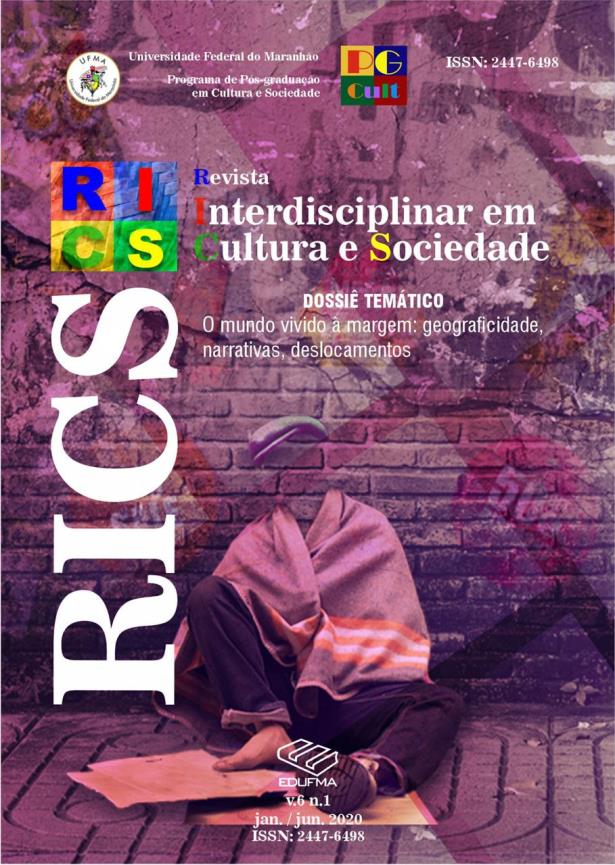Saberes da experiência para a formação do cotidiano de homens e mulheres da Comunidade do Rosado/RN
DOI:
https://doi.org/10.18764/2447-6498.v6n1p214-234Palabras clave:
Saberes da experiência. Narrativas (auto)biográficas. Memória. Formação.Resumen
A pesquisa objetiva compreender como os saberes da experiência de homens e mulheres contribuem para a formação do cotidiano na Comunidade do Rosado/RN. Optamos pelo uso da abordagem qualitativa. Utilizamos como método de investigação a pesquisa (auto)biográfica a partir das narrativas de quatro moradores centrais da comunidade que participaram da pesquisa. No caminhar da pesquisa, apontamos como resultados que os saberes da experiência de homens e mulheres estão sendo compartilhados entre seus moradores, desde as gerações passadas, e preservados pelas novas gerações. Saberes como pescar, plantar, ensinar, cantar, bordar, rezar, costurar, entre outros, são praticados e repassados pelos adultos e jovens na contemporaneidade. Esse processo contribui para a formação do cotidiano na comunidade, nos seus espaços de possibilidades, nas tradições, nos costumes e nos saberes da experiência para a formação do ensinar, aprender, conviver e ser, a partir do pertencimento do seu lugar, na construção da memória individual e coletiva.
Palavras-chave: Saberes da experiência. Narrativas (auto)biográficas. Memória. Formação.
Knowledge of the experience for the daily formation of men and women of the Community of Rosado/RN
ABSTRACT
The objective research understand, how the knowledge of the experience of men and women contribute to the formation of daily in the community of Rosado/RN. We chose to use the qualitative approach. We used the method (auto) biographies research from the narratives of four central residents of the research. In the walk of research in, we point out the results that the knowledge of the experience of men and women have been shared among its residents, from the past generations, and preserved by the new generations. These knowledges such as: fishing, planting, teaching, singing, embroidering, prayer, sewing, among others, are practiced and passed on by adults and young people today. This process contributes to the formation of daily life in the community, in its spaces of possibilities, in the traditions, customs and knowledge of the experience for the formation of teaching, learning, coexisting and being, from the belonging of its place, in the construction of individual and collective memory.
Keywords: Knowledge of the experience. (auto)biographies narratives. Memory. Formation.
Descargas
Descargas
Publicado
Cómo citar
Número
Sección
Licencia

Este trabalho está licenciado com uma Licença Creative Commons Atribuição 4.0 Internacional.


















